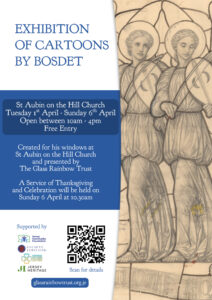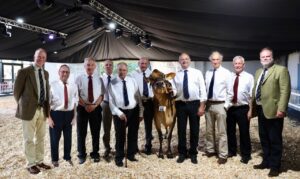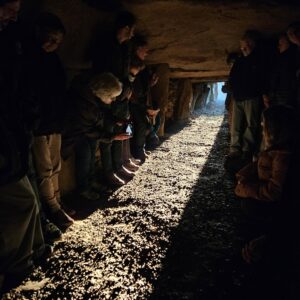
A 3-kilometre protection zone around a farm in St Peter has been put in place after samples from a flock of birds tested positive for highly-pathogenic bird flu.
More than 30 birds died suddenly on the weekend, and the remaining 18 birds were subsequently culled.
The rest of the Island falls into a surveillance zone, where housing and separation is highly recommended, and a series of other restrictions also apply.
The Minister for the Environment, Deputy Jonathan Renouf, said: ‘I’m thankful to the farmer in St Peter for contacting the department so quickly at the weekend, and for their cooperation at what must be an incredibly difficult time for them.
‘We need the support of keepers across the Island to help reduce the likelihood of bird flu spreading here. While the housing of birds will be mandatory for those within the protection zone, those in other parts of the Island are strongly recommended to house their birds too, if possible.
‘There’s a real need to prevent wild bird faeces from entering housing or runs, and so it’s important for there to be a solid or impermeable roof overhead. Increased biosecurity measures will also play a key role in preventing the spread of bird flu, and owners should use disinfectant baths for their footwear at the entrance to flock units.’
The protection zone and surveillance zone legally applies from 00:01 on Thursday 18 August, but keepers are encouraged to take action immediately, if possible. To protect local flocks, plans are also in place to cull feral hens and cockerels living in the St Peter’s Valley area.
The UK Health Security Agency has said avian influenza is primarily a disease of birds, and advises that the risk to public health from bird flu is low.




